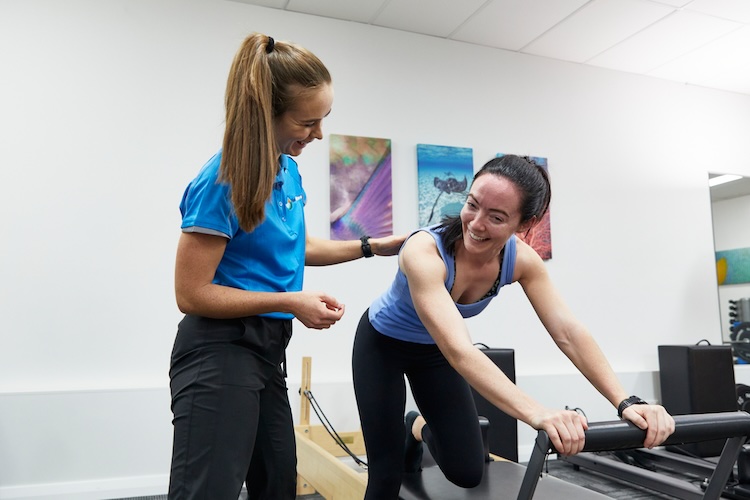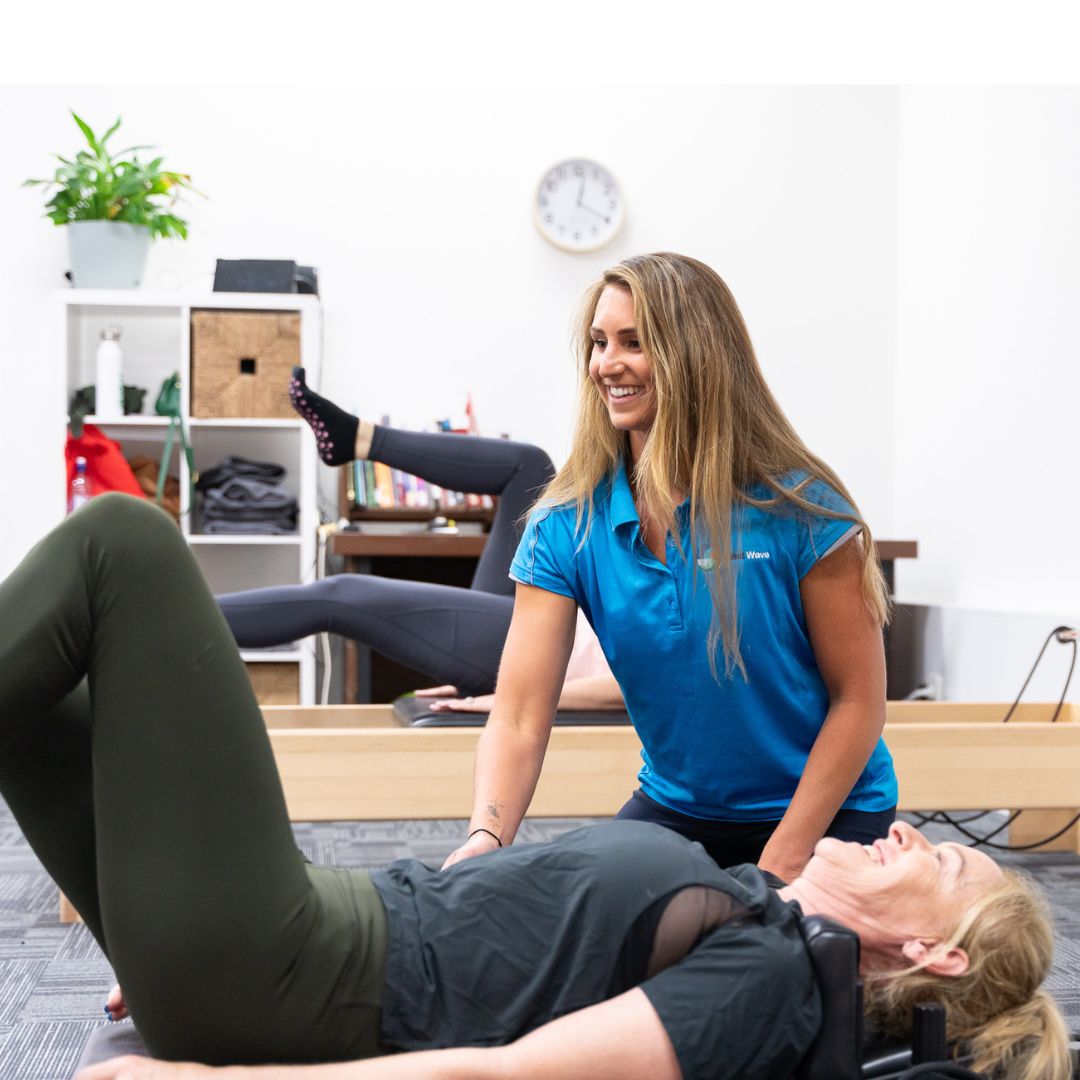Habits offer a very tangible way of taking control of one’s health and happiness in life.
Many of us have well meaning intentions of starting new health promoting habits or quitting injurious habits. We make dreams, have hopes and wishes… so why is it so hard to make change?
In our modern world where chronic disease, pain and mental health issues are rapidly increasing, it is more important than ever, to examine how as individuals we can sustain our own health.
Habits can form a foundation for happiness in life through consistency of engagement in the activities. These are our occupations which shape our health.
Habits are everywhere.
We naturally think of habits relating to our daily schedules such as how often we exercise, visit friends or engage in a hobby. But habits are embedded in every aspect of life. They are in our daily routines, from waking to sleeping, they are in our self care, our work and leisure activities.
What daily habits do you follow?
How do you get out of bed in the morning?
What steps do you take to make a cup of tea?
What routines do you follow?
Do you have rules, habits or routines for how to wash dishes, hang the laundry, prepare a meal or even to brush your hair?
When habits become routine they provide a structure for daily life, which can promote health. For example, when healthy habits such as exercise, healthy eating and relaxation are embedded into routines, they become an important part of promoting wellness. Habits make life easier. They reduce the amount of conscious effort required to perform daily occupations because of their automatic nature (Lee & Kielhofner, 2017).
Habits can also be damaging for our health. There’s the obvious ones like not exercising or drinking alcohol in excess. But what about other habits like people pleasing or getting angry when things don’t go your way?
Habits enable us to do the things we need, want or are expected to do; and thus become an integral part of who we are and our capacity to grow.
What Are Healthy Habits?
A quick google search will reveal the highest rating healthy habits are something like:
- Eat well,
- drink water
- get enough sleep
- exercise,
- train our muscles and keep your balance,
- be mindful, spend time in nature, go off line
- avoid toxicity (smoking and alcohol but also toxic people)
- challenge yourself, learn something new.
There’s nothing ground breaking or new with any of the things on this list of healthy habits.
I’m sure no one was surprised to read this list. And I’m also sure that being able to make changes in one or more of these habits into your life, is or has been, one of your biggest challenges.
So instead of asking yourself “what is a healthy habit I need or should do?” try answering these questions…
- “What habits do I want to welcome in my life?”
- “What habits do I want (or need) to let go of?”
- “What in my heart of hearts do I want my life to be about?”
How to Establish New Habits
The following are some of the ways occupational therapists support people in establishing new habits.
Set SMART goals
SMART means your goals are Specific, Measurable, Adaptable, Realistic and Timely. For example, I will relax everyday.
Include New Babits Into Existing Routines
For example, if you always brush your teeth after breakfast (a routine), try doing 3 minutes of breath awareness before or after this activity.
Surround Yourself with Supportive People
For example ask a friend if they want to join you for a walk once a week on a regular day and time. Tell your friends, family, mentor, work colleague about your goal. Join a club of people who are already doing what you want to do like a running club or sign up to a block of yoga classes.
Remove Barriers
Schedule a time so that you reduce procrastination. e.g. Put your plan on your calendar so you’ll get a digital reminder.
Consider social pressures e.g. if you want to reduce drinking alcohol you may want to consider not going to ’high risk’ situations.
Be resourceful e.g. gather all the equipment you need before you start.
Modify the Activity or Environment
Examine what modifications can be made to enable you to perform the activity independently, safely and more easily. This involves activity analysis and environmental modifications which occupational therapists are specialists in.
A good starting point is by considering your sensory preferences.
Make it Fun to Repeat
Practice makes perfect – repetition is key to forming new habit and making it fun means you’ll be more motivated to keep doing it.
Be Flexible
If you can’t do the activity in the time you’ve planned to, then look at doing it at another time on that day. Being too rigid could lead to giving up. So be kind to your self and go with the flow.
Celebrate Successes
Celebrate the small successes along the way by setting small sub-goals. Self monitor – keep a journal and track your progress.
Motivation builds every step of the way
Motivation, not the sheer-grit-blood-and-tears-excessive-will-power type of motivation, but the kind of motivation that just flows is what we all wait for to get started with a new habit. The big secret is that a person doesn’t magically get motivation.
Motivation comes from making small changes, one step at a time, over and over again until an activity becomes a habit. Once a habit it becomes embedded into the fabric of ones self identity.
Wish for it, dream of it, hope for it but by all means do it.
When to See An Occupational Therapist About Your Habits
Occupational therapists help people to live more meaningful lives. Habits weave into all aspects of life and so they are the best first person to see if you want to develop a new habit or change an unhealthy habit.
Habits are unhealthy if they are obviously harmful to your health, like smoking. There are also less obvious unhealthy habits like excessive exercise, working ling hours or avoiding social situations.
When a habit becomes a fixed rule it may be a compulsive action which can be harmful. Mental health occupational therapists can help in these situations.
An occupational therapist is also needed when a person cannot perform or enjoy a healthy habit due to pain, mental health concerns or disability.
Written by Sasha Wray (Principal Occupational Therapist) at Next Wave Therapy.
Reference
Lee S. W., & Kielhofner G. (2017). Habituation. In Taylor R. R. (Ed.), Kielhofner’s model of human occupation: Theory and application (5th ed., pp. 57–73). Wolters Kluwer.






